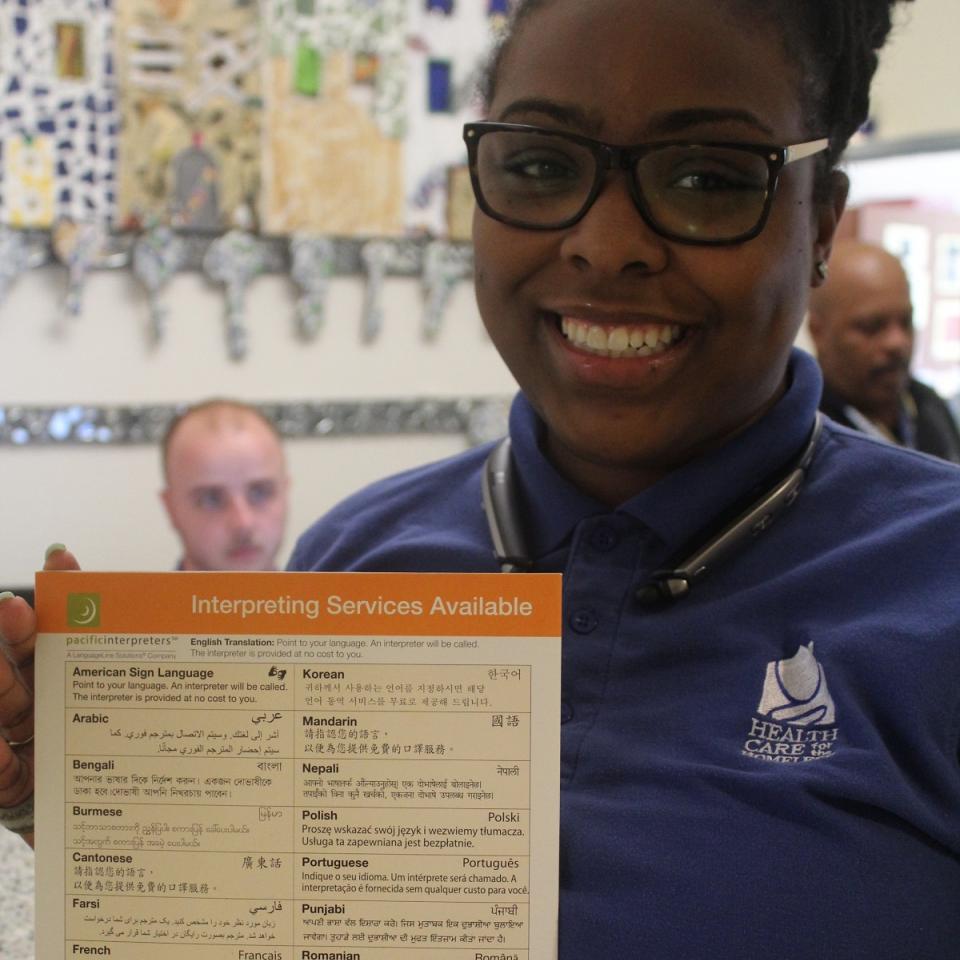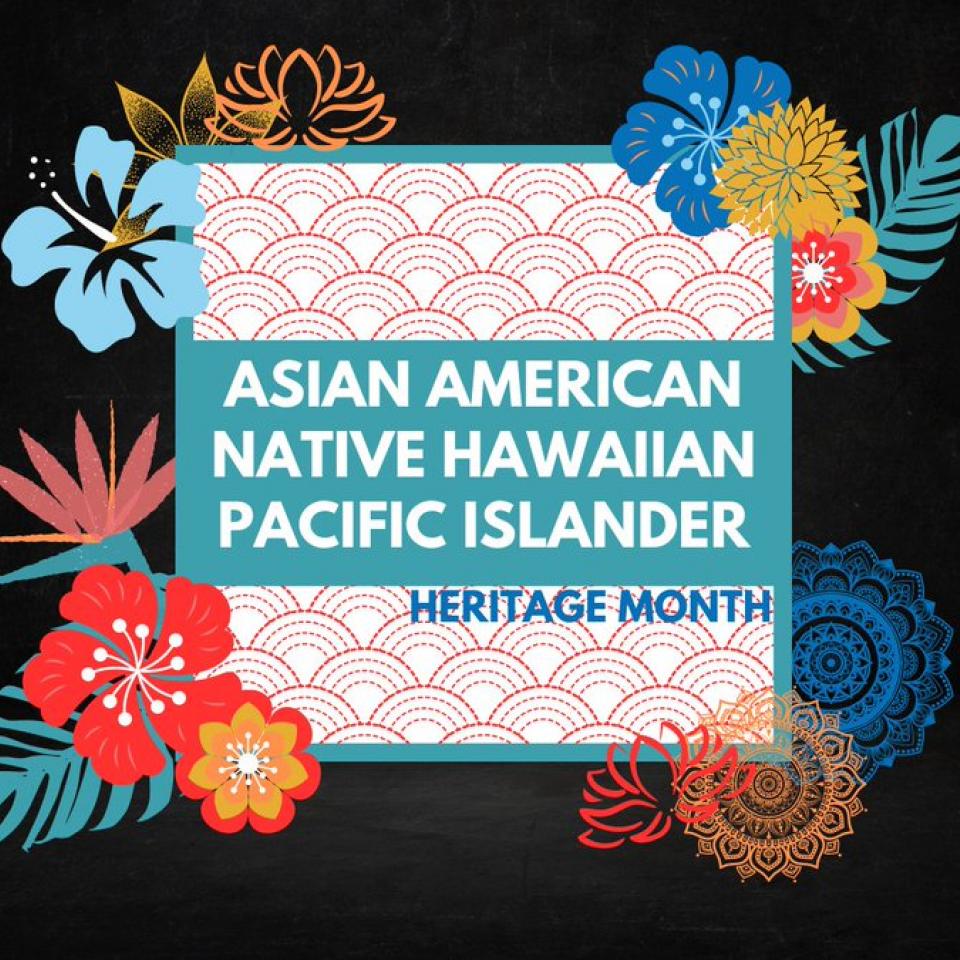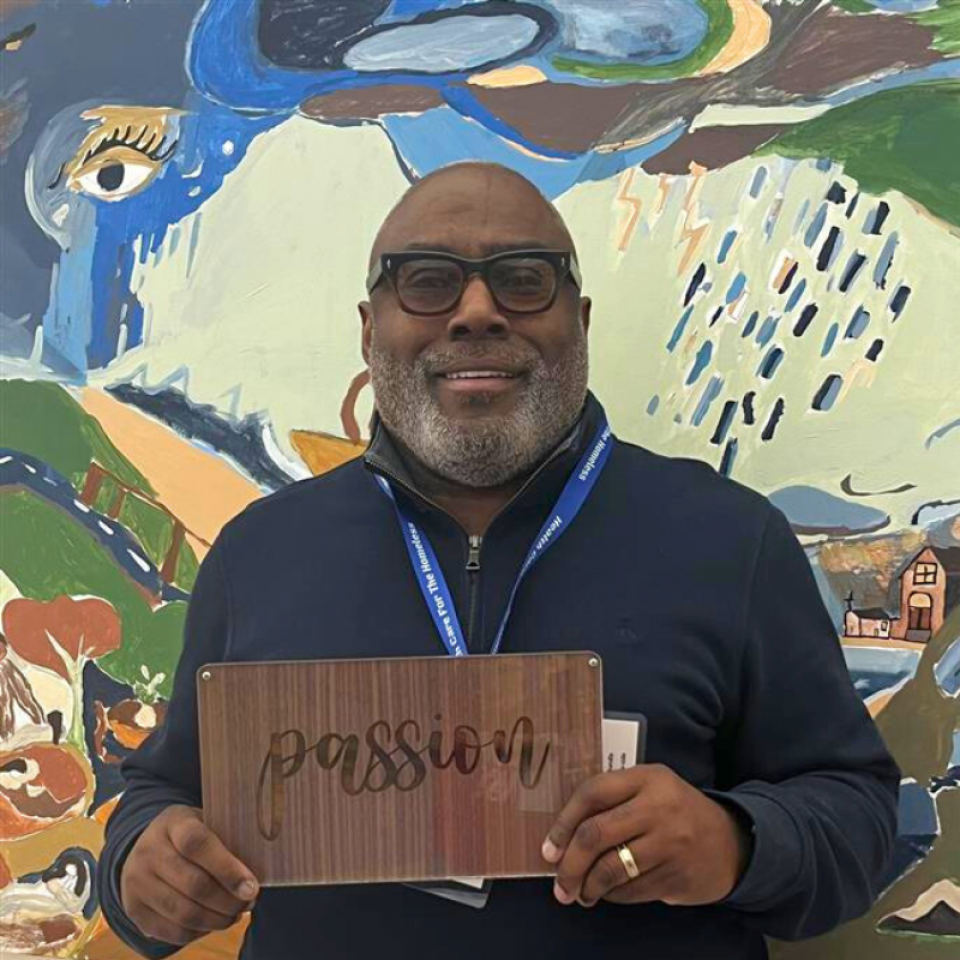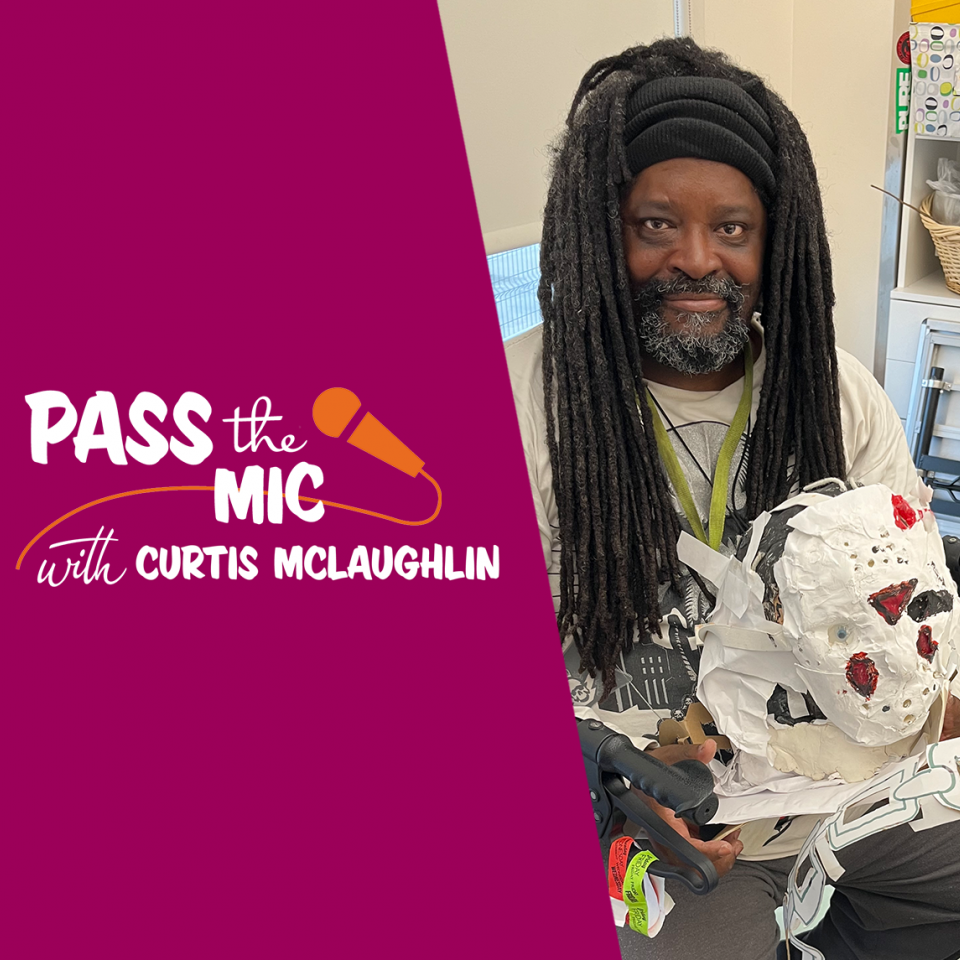May is Asian American, Pacific Islander, and Native Hawaiian Heritage Month, a time to celebrate and honor the diverse cultures, histories, and contributions of these communities.


10.16.18
Going to the doctor can be a whole production. You have to figure out who takes your insurance, what paperwork you need, where to fill your prescriptions, and, if you’re really sick, how to see a specialist. Imagine going through these steps in another language or after experiencing one of the most difficult situations of your life.
“English isn’t the first language for 15% of our clients, and others may be recovering from trauma or experiencing impairments that make communication difficult,” says Client Access Associate Ieshia Carr. “Some people don’t know when their next appointment is or the steps needed to schedule their referral. If they have a hard time communicating with us, they are going to leave without their health needs being met.”
This past June, Ieshia joined our agency’s Special Accommodations Workgroup to better address clients’ language, literacy, hearing and visual impairment needs. So far, the workgroup has conducted a language assessment survey with 66 clients in Spanish. It has also distributed language ID cards throughout our clinics that enable clients to indicate their preferred language and prompt staff to call an interpreter.
Currently, we use a phone interpretation service to communicate with clients in different languages and make sure all client forms and documents are available in Spanish. At our downtown clinic, a full-time Spanish-speaking volunteer is on hand to help clients navigate the clinic, and we have staff members across our sites who occasionally step in to support non-English speaking clients. We also have text telephones (TTY) to communicate with clients who are hearing or speech impaired. The 11-member workgroup is assessing how clients experience our existing language resources and what services they would like to see in the future.
“The workgroup primarily aims to develop consistent ways and resources to help clients communicate more easily at all stages of their care here—from checking in to explaining their situation to a doctor,” says Ieshia. “The work is really exciting. Not only am I helping clients, but I get to meet new people and everyone's voice is heard.”
Next up: The workgroup is planning to conduct the client survey with people who speak languages other than Spanish, and improved signage for clients who are visually impaired or have limited literacy.
Are you or do you know a client whose primary language is not English or Spanish? Email Josh Brusca to take the language assessment survey!
More Recent News
Gregory Rogers is a Senior Community Health Worker (CHW) with years of experience in addiction counseling. A vital part of a client’s care team, CHWs work with clients to navigate care both in the clinic and out in the community. See how Greg spends his days!
An artist, gamer, and movie lover, Curtis McLaughlin has been part of the Health Care for the Homeless Art Group for more than five years. Get to know Curtis in the lasted edition of "Pass the Mic".
Client storytelling is a staple of the nonprofit business model, ever present in advocacy, clinic tours, fundraising—and news articles like the one you are reading right now.


